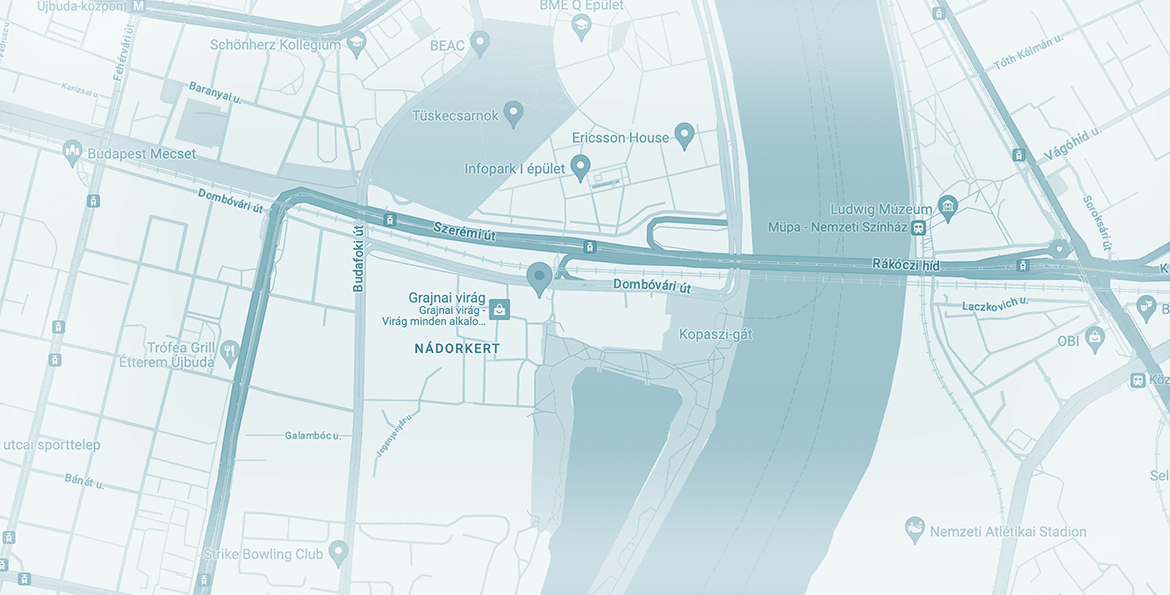
Taxes in Hungary: avoiding double taxation
Have you heard about double taxation? The expression may sound intimidating: paying taxes once is just about enough, right? Luckily, double taxation is not too frequent, but it is important to be familiar with the mechanism. In this blog post, we explain the basics.
Have you heard about double taxation? The expression may sound intimidating: paying taxes once is just about enough, right? Luckily, double taxation is not too frequent, but it is important to be familiar with the mechanism. In this blog post, we explain the basics.
When does double taxation apply?
If you work in your country of residence, obviously you are only subject to taxation there. If you work elsewhere, there is still a good chance that you only have to pay taxes in only one place because of the double taxation treaty between the country where you live and the country where you generate income. (Click here for a list of Hungary’s double taxation treaties.) The specifics may vary widely: you may need to pay taxes in your country of residence, but not in the country where you work (unless the latter decides to levy a so-called source tax, which is usually a small amount), or the other way around. If there is no agreement between the two countries, your income will be taxable in both places: this is what we call double taxation.
If you live and earn most of your income in an EU country, you will be treated as a tax resident, which means being subject to the local taxation rules. Tax residency is a complex topic in itself, you can learn more about it here.
In some situations, there is no way to avoid paying taxes in two places: a simple example would be generating income in two countries simultaneously. Since you make money in two places, you must pay taxes in both: income from country A is taxable in country A, while income in country B is taxable in country B. This is not double taxation in the strict sense of the word, since we are talking about different sources of income that are taxable in different countries. However, depending on the details, taxation can become quite complex. Here you can find a few typical scenarios. Please note that the applicable rules are based on bilateral agreements, so it is advisable to check those and consult a specialist.
How to request tax refund?
Refund requests are free of charge. In general, they need to be submitted to the Ministry of Finance. However, cases concerning affiliated undertakings are handled by the National Tax and Customs Administration. (Click here to find out which companies are considered affiliated.) The deadline for submission is usually three years, but it may differ depending on the provisions of each bilateral agreement. For example, the treaty between Hungary and Canada stipulates a deadline of two years. Requests must contain details such as:
- The name, address and tax ID of the applicant, as well as any information needed to identify them
- The taxation period in question
- The detailed description of the case
- References to the applicable (local) taxation rules
- References to the applicable double taxation treaty
The required documents greatly depend on the specific case. Requests are approved or rejected by the Hungarian authorities within six months of receipt. This is followed by the reconciliation between the two countries, which has no legally regulated deadline. Once it is concluded, the taxpayer is notified of the decision. Please note that all the documents need to be kept for the period indicated in the official response, which is usually ten years.
Need more help with taxes? Contact us!
Due to the complexity of double taxation treaties, there is still a lot to be said about the topic. If you would like to know more, contact your English-speaking accountant at Helpers Finance for a detailed breakdown. You can learn more about our tax advisory services here. You can ask for a consultation by calling our office on +36 1 317 8570, by e-mailing info@helpersfinance.hu or by filling in our contact form.
Contact
Get in touch today
Monday - Friday
9am - 5pm CET
Helpers Finance Kft.
Budapart Gate
Dombóvári út 27
Budapest 1117, Hungary
If you’re visiting us, please use entrance A and come to the 2nd floor.



